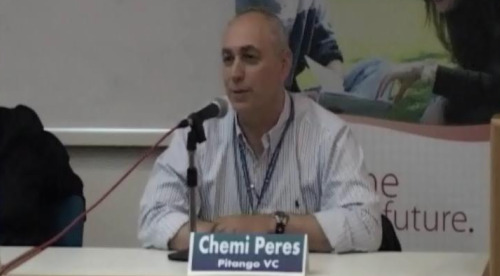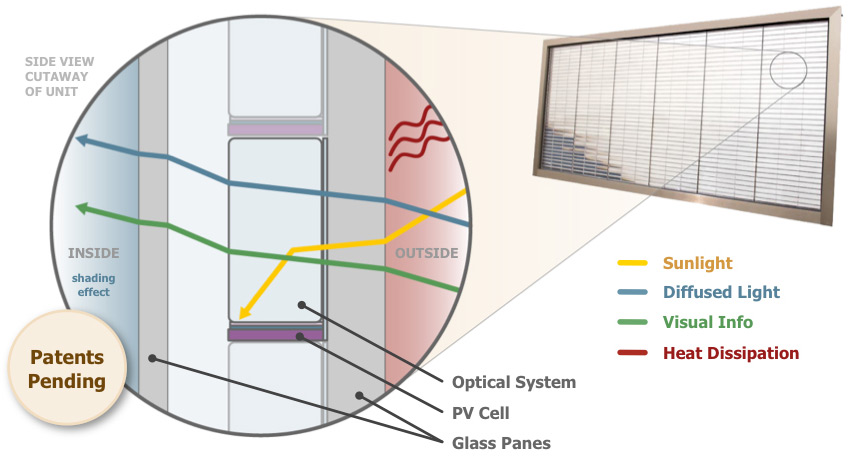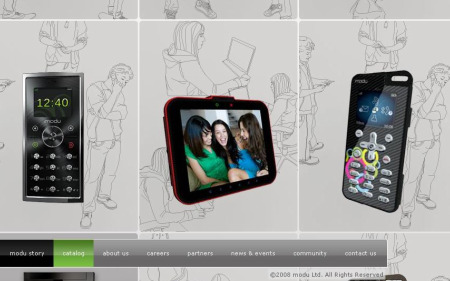
Last week the international MBA program at Tel Aviv University (TAU) hosted an all-star panel of VCs and Google Israel’s Director featuring Chemi Peres, Tal Keinan, David Furst, Meir Brand, and Orna Berry with Saul Singer as the moderator. The panel was part of an overall event highlighting Singer’s book, Start-up Nation, which he wrote with Dan Senor, and was focused on “What’s Next for the Start-up Nation?”
The first question the panel discussed was “What’s next for Israel in a global context?”
In addition to the usual answers of biotech, cleantech and nanotech, and also mentioning expanding the success of the hitech industry to other sectors of the economy, the panelists connected these to the importance of human capital, education and the pace of innovation.
As Peres put it,
“The next 10 or 20 years are going to be dramatic, in terms of innovation. It will be a decade of breakthroughs and a pace of change we never knew before… Innovation is going to be the play in the world. The level of innovation that we will see in the next ten years will be bigger and more fascinating than the entire level of innovation that we’ve seen until now. To continue to be a startup nation we need to continue and intensify the human capital. Israel is a small country and needs to make sure the per capita advantage is kept all along, in terms of education and inclusiveness of large group of minorities.”
Peres also mentioned the need to focus on generating income in Israel that can be reinvested in technology and new areas that will be explored and innovated.
While the inclusion of minorities is often mentioned as being vital to the future economic success of Israel, education is usually just mentioned in terms of the brain drain. The discussion of education on the basic level being one of the next frontiers of innovation is long overdue and gives one a lot to think about. What role Israel will have and if it will take the lead will be interesting to see.
The panel discussion along with the rest of the event can be viewed on the TAU website.



 Since
Since 
